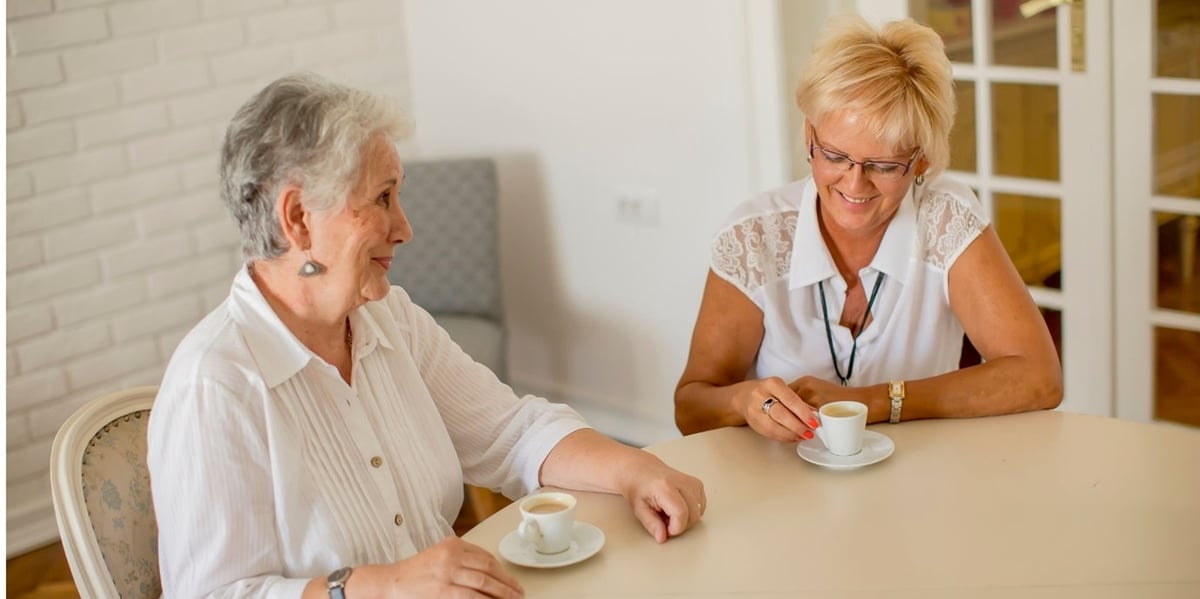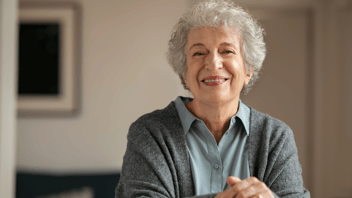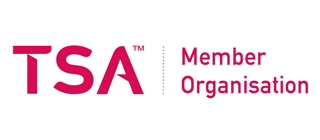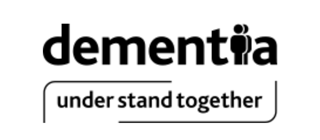
.
According to WHO, by 2050 the global population of people over the age of 60 will almost double from 12% to 22% and currently people over the age of 60 outnumber the population of those under 5 years old. This is not just a challenge for national governments, policymakers and healthcare providers to solve. Growing older effects everyone who has or will have an aging loved one – and everyone lucky enough to grow older themselves.
Remaining in good health requires more than practical healthcare through medication and treatment, it requires mental and physical stimulation, socialisation and comfort amongst other things. Below is a HaloCare guide for tips when supporting your older loved one.
1. Keep care in the home where possible:
If possible, look for any help to enable your loved one to stay in their own home for as long as possible. Seek out help from local community groups and homecare providers in your local area. In instances where homecare and family carers cannot be there 24/7, look towards solutions like HaloCare which work in conjunction with these services.
2. Care coordination:
When caring for your older loved one, ensure you are gaining the most from the services provided to you. If you have been provided with homecare for 2 hours from 8am-10am, this is time for family carers to take their respite. If other family members are helping with the care of your loved one, make a schedule so that two people are not there at the same time (unless necessary). This ensures everyone involved is getting the rest they need while the loved one is still getting the care they require. For times when home and family care cannot be there, look towards solutions while enable the loved one to live safely and independently and a solution which allows the care givers piece of mind, like HaloCare.
3. Make the care person centred:
Encourage your older loved one to be involved in their care where possible. Discuss their care with them and ensure they get to have their say and feel heard. Ensure they feel comfortable with the decisions being made and communicate with them regularly about their care, how they feel and anything they may need going forward.
4. Social inclusion:
Isolation can be a major cause of emotional distress in older people so ensure you are actively encouraging them to stay involved in the community and in the family circle.
5. Stay connected to technology:
Stay in the loop with new technologies which may help your older loved one feel safe and connected at home. There are so many advances in technology for people now, most of which are discrete and unobtrusive to the user. From scheduling assistants for caregivers to advanced monitoring solutions, the options are endless for people who need them.
HaloCare:
HaloCare is a solution for people who wish to stay in their own home but need a little extra support. By using technology that works seamlessly in the background, clients can continue to live independently with the knowledge that HaloCare is there to support them.
HaloCare specialise in contactless fall detection, remote emergency service and telehealth. Our 24/7 Care Specialists will be alerted to the fall or medical emergency in the Carlow based Care Hub where they can then respond and reassure they client. HaloCare’s two-way audio and voice activated alarms ensure the client will always be able to reach out for help, even in a weakened state.
If you or your loved one needs a little extra support while living independently, HaloCare is there 24 hours a day, 365 days of the year.




.png?width=352&name=Untitled%20design%20(24).png)






